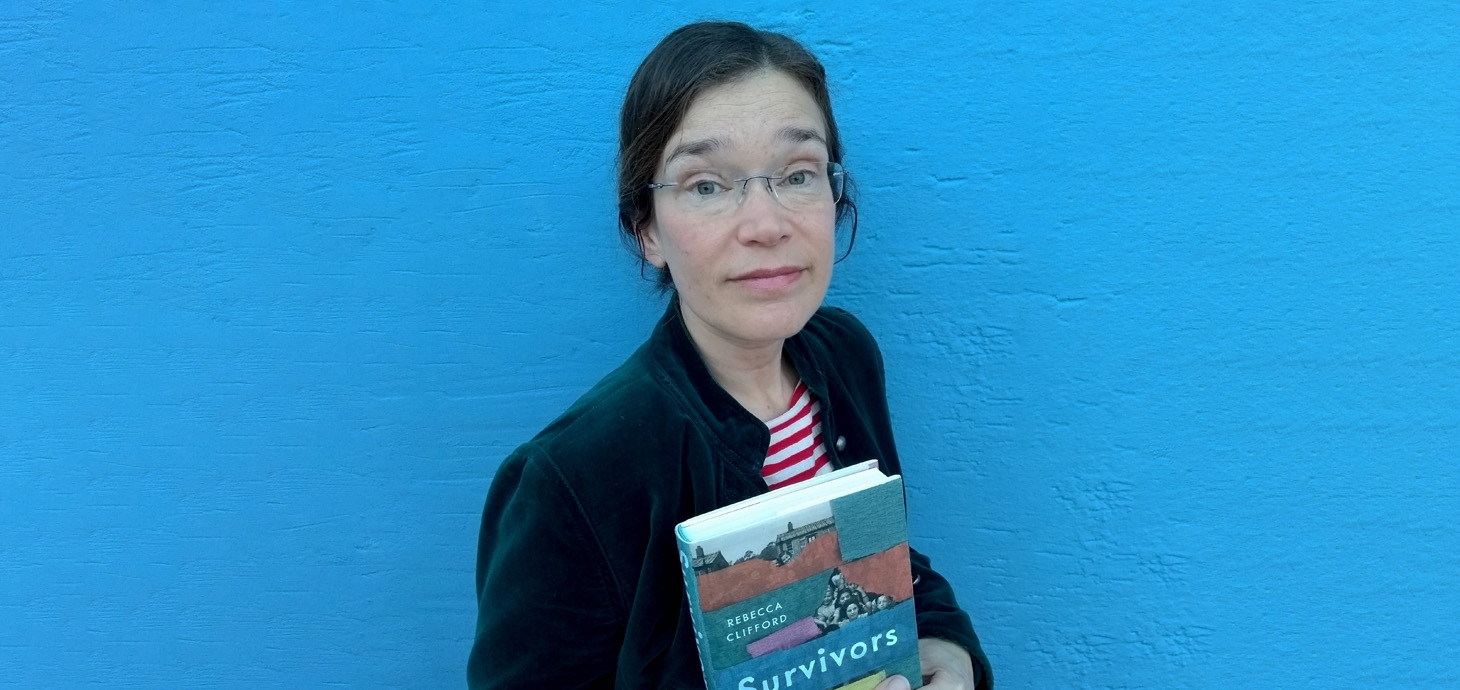
A Swansea University historian has been shortlisted for the Wolfson History Prize 2021, the UK’s most prestigious history writing prize, which celebrates the best historical non-fiction titles from the past year and carries a £40,000 prize.
Dr Rebecca Clifford’s Survivors: Children’s Lives After the Holocaust follows the lives of one hundred Jewish children who survived the Holocaust, using oral testimonies to challenge assumptions about trauma and, in turn, helps us understand what it was like living after, and with, childhoods marked by rupture and loss.
The 2021 shortlist reflects the incredible range of topics tackled by historical writing, with titles exploring the histories of important locations around the world appearing next to intimate studies of individual lives and groups that shed light on modern experiences.
The books shortlisted for the Wolfson History Prize 2021 are:
- Survivors: Children’s Lives after the Holocaust by Dr Rebecca Clifford
- Black Spartacus: The Epic Life of Toussaint Louverture by Sudhir Hazareesingh
- Ravenna: Capital of Empire, Crucible of Europe by Judith Herrin
- Double Lives: A History of Working Motherhood by Helen McCarthy
- Burning the Books: A History of Knowledge Under Attack by Richard Ovenden
- Atlantic Wars: From the Fifteenth Century to the Age of Revolution by Geoffrey Plank
First awarded by the Wolfson Foundation in 1972, the Wolfson History Prize is the most valuable non-fiction writing prize in the UK. Awarded annually, the winner receives £40,000, and the shortlisted authors receive £4,000 each.
On reaching the shortlist, Dr Clifford, an associate professor of modern European history at Swansea University, said: “I wrote Survivors to explore a question: ‘how do we tell the story of our lives if we don’t know where we come from?’ A decade of doing oral history had made me realise that we all have a story of our own origins, and those stories follow certain patterns. Child Holocaust survivors, however, often had to spend much of their lives not knowing the details of their beginnings.
“The youngest survivors had no pre-war memories, and often only patchy memories of the war period. At the war’s end, they found that the social fabric of their world had been destroyed – and yet, for children, it is this social fabric that helps us to fill the gaps in our fragmented early memories. Child survivors had to become historians of themselves to answer that most fundamental of questions: who am I?
“I had to learn a new way of writing for Survivors, mixing academic scholarship with an accessible writing style that would appeal to a very broad audience. I wanted anyone to be able to pick up Survivors and see their own efforts to make sense of childhood memories reflected there. Being shortlisted for the Prize suggests that I succeeded, and I couldn’t be more thrilled.”
Commenting on Survivors: Children’s Lives after the Holocaust, the judges said: “Original and engrossing, this book delicately unpicks the myth of post-war survivor silence and restores a voice to the children of the Holocaust.”
The winner of the Wolfson History Prize 2021 will be announced on Wednesday 9 June 2021 in a virtual ceremony.
